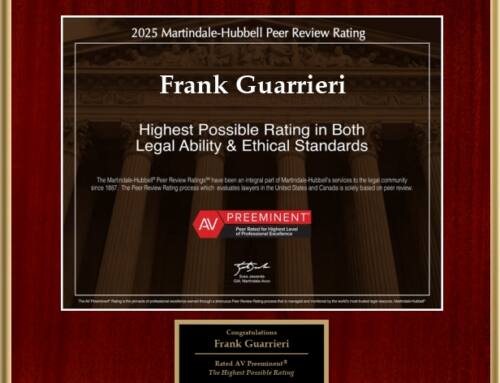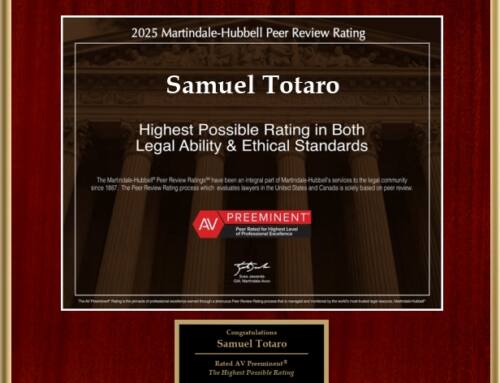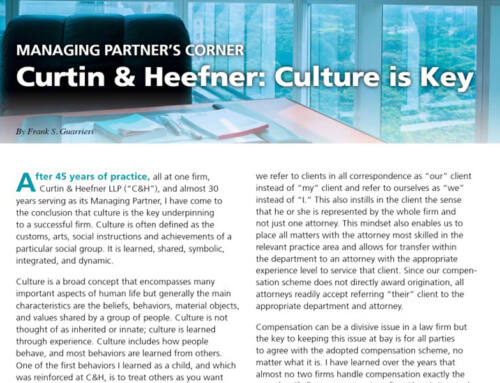On October 23, 2024, C&H Partner Tom Mueller obtained the dismissal of a case in the U.S. District Court for the Eastern District of Pennsylvania on behalf of State Farm. In one of the first opinions addressing the issue in Pennsylvania, the court held that State Farm’s denial of a policyholder’s appraisal demand based on the homeowners policy’s one-year time limit for commencing actions against the insurer was reasonable.
In Houtz, et al. v. State Farm Fire and Cas. Co., Plaintiffs’ home was damaged in a fire on July 18, 2021. State Farm issued payments in August 2021, September 2021, and March 2022. About a year later, Plaintiffs submitted another estimate, and State Farm issued another supplemental payment. Believing this final payment to be insufficient, Plaintiffs demanded appraisal on July 13, 2023, which State Farm denied based on the policy’s provision precluding actions against State Farm after one year has passed since the date of loss.
Plaintiffs filed suit against State Farm for Breach of Contract and statutory Bad Faith, alleging that (1) the policy’s one-year time limit did not apply to appraisal demands, (2) State Farm had waived the time limit by continuing to adjust the claim and issue payments, (3) the use of the date of loss as the trigger for the one-year time limit was unreasonable, and the period should run from the date on which the dispute arose, and (4) State Farm’s failure to inform the policyholders of the impending one-year time limit’s expiration violated Pennsylvania law and constituted further evidence of Bad Faith.
After reviewing the parties’ briefs and holding oral arguments in the Federal Courthouse in Philadelphia, the court agreed with State Farm. In dismissing Plaintiffs’ claims with prejudice, the court held that the policy’s one-year time limit for actions against State Farm was reasonable and enforceable, and State Farm did not waive its enforcement by continuing to adjust the claim past the one-year mark. The court also specifically held that State Farm’s application of the one-year time limit to the policyholders’ appraisal demand was reasonable and therefore could not constitute Bad Faith. Finally, the court rejected Plaintiffs’ argument that State Farm’s alleged failure to advise Plaintiffs of the impending one-year time limit expiration constituted Bad Faith, because even if it were true, such a violation would not constitute Bad Faith per se. Further, the statutory provision Plaintiffs employed only applies when an insurer seeks to “continue negotiations for settlement of a claim,” and there was no such indication in this case, and the statute applies only where insurers are negotiating “directly with a claimant,” not with a public adjuster as in this case.
Congratulations to State Farm and Tom for this fantastic result!
Those wishing to view the court’s opinion may do so here.








Leave A Comment